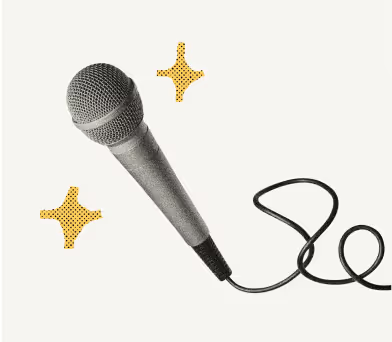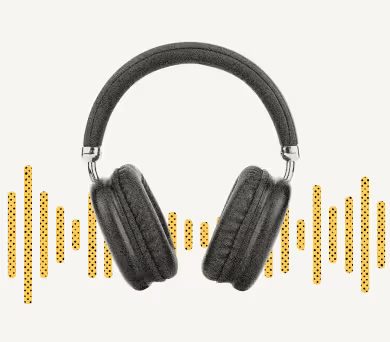The Life Story
Start with 10 meaningful questions. Add more as you go. We turn your conversations into a beautiful book that sounds exactly like them.

I absolutely loved them (the written chapters)!! I was so impressed I even let my mum have a look. She thinks it’s marvellous too!!
Sophie R, Jersey
My daughter rang me up one day and asked if I wanted to do this family stories collection activity with her. I didn’t know what to expect and chatted away.
George T White, 74, Elgin
My grandma has a wealth of recipes and stories about this uncle and that aunty. We’re working on volume 2 of her biography. I’d love for her grandchildren and great grandchildren to read and watch her tell these stories.
Alex Williams-Ito, 35, Perth
Recording Dad’s story was our best decision. Just ordered 3 more books!
Adam Fenwick, Hertfordshire
My mum loves our chats. We got the English copy for my kids and the French copy for her and my brother!
Cecil Hayes, Rennes/London
50
life story recordings
450
full-coloured pages
10+
languages supported

Step-by-step, designed with Mum in mind
You sit back, have a biscuit, have your chat

Preparing your questions
We tailor all our questions to your life to guide your storytelling

Collecting your stories
Record at your pace and preference, weekly or all at once

Writing on your behalf
Each recording becomes a polished chapter.

Shipping to you
Set your title, cover and its destination.

The result? Your books & recordings!
Expert perfect bound, full-colour hardback with lay-flat durability. All designed to reflect your style
















Your Family Stories. Your Way
Start for free or unlock the full experience. Every memory, beautifully captured.
Free starter
£0
1 recorded conversation with curated question
1 expertly written biography chapter
1-year storage & access to our online book editor
Life Stories: The Biography
£139
Up to 50 recorded conversations with curated questions; start with 10 for the perfect afternoon
Unlimited personalised questions
Up to 50 expertly written biography chapters in their voice
1-year storage & access to our online book editor
Free premium hardcover A5 keepsake book
Free shipping to UK, EU, USA and Australia

Vivid full-colour printing
Matt-laminated hardback with perfect binding
Customisable book covers

See it. Try it. Before you buy it
Personalised questions to your unique life. Advanced speech-to-text. Expertly written biography
We tailor questions to your life, unlocking the details
























































































































































Think we might not understand you? Try our transcription tool

Or
Upload audio file (max 15 sec)
No file chosen


Curious about how we’d write? Take a peek at our writing style.
Stories to share across generations
Experience a deeper, closer connection
Discover your family's roots

Sharing your story should be easy, maybe even fun.
Sit back, sip your tea (or something stronger), and we’ll do the rest.

Guided storytelling sidekick
50 recordings each with a personalised question for your personal storytelling

Fluent in you & 10 languages
Heartfelt, zigzaggy or full of ‘ums’? All good. Our speech-to-text types for you

Memories vividly written
You tell the stories, we add the polish, turning ‘Umm…’ into a masterpiece.

Coming soon
We’re always finding new and better ways for our stories (and voices) to live on

Kids story book version
Big stories, told little. Turn their life into stories made for young hearts.

Narration by loved ones
Hear their biography, in a voice you know, without lifting a finger

Life Story: Illustrated
Using visual storytelling to remember their life for all ages

Ready to record your
family’s legacy with tenMore?
